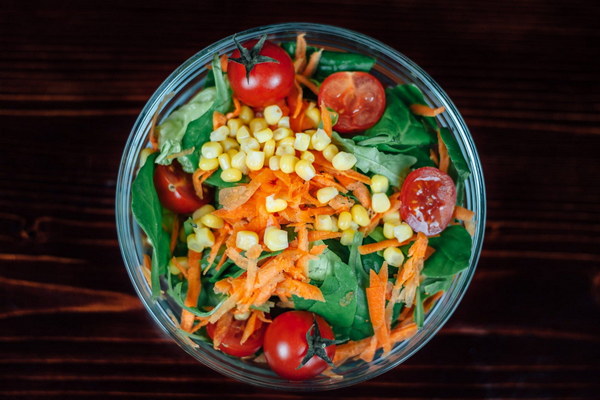Navigating Nutrition A Comprehensive Guide to Diet Therapy for Knee Osteoarthritis
Knee osteoarthritis is a prevalent condition affecting millions of individuals worldwide. This chronic joint disease can lead to significant pain, inflammation, and limited mobility. While medication and physical therapy play a crucial role in managing symptoms, diet therapy has gained recognition as an effective complementary approach. This article provides a comprehensive guide to diet therapy for knee osteoarthritis, highlighting essential nutrients, dietary patterns, and lifestyle modifications.
1. Understanding the Link Between Diet and Knee Osteoarthritis
The relationship between diet and knee osteoarthritis is complex. Several factors contribute to this link:
- Nutrient deficiency: A lack of essential nutrients can weaken the cartilage and exacerbate joint inflammation.
- Inflammation: Some foods can trigger or worsen inflammation, thereby increasing pain and joint damage.
- Weight management: Excess weight places additional stress on the knees, exacerbating the symptoms of osteoarthritis.
2. Essential Nutrients for Knee Osteoarthritis
A well-balanced diet rich in the following nutrients can help alleviate symptoms and improve overall joint health:
- Omega-3 fatty acids: Found in fish, flaxseeds, and walnuts, omega-3s have anti-inflammatory properties that can help reduce joint pain and inflammation.
- Glucosamine and chondroitin: These compounds are naturally found in cartilage and have been shown to support joint health and reduce pain.
- Vitamin D: This nutrient is essential for bone health and may also play a role in reducing inflammation and improving joint function.
- Vitamin C: An antioxidant that helps protect the joints from free radicals and supports the synthesis of collagen, a key component of cartilage.
- Magnesium: This mineral is involved in various bodily functions, including muscle and nerve function, and may help alleviate joint pain.
3. Dietary Patterns for Knee Osteoarthritis
Adopting a specific dietary pattern can also help manage knee osteoarthritis:
- Anti-inflammatory diet: This diet focuses on foods that reduce inflammation and includes plenty of fruits, vegetables, whole grains, lean proteins, and healthy fats.
- Mediterranean diet: Rich in fruits, vegetables, whole grains, legumes, nuts, seeds, olive oil, and fish, the Mediterranean diet is known for its anti-inflammatory properties and potential to improve joint health.
- Low-inflammatory diet: Similar to the anti-inflammatory diet, this pattern emphasizes foods that minimize inflammation and includes moderate amounts of protein and dairy.
4. Lifestyle Modifications
In addition to dietary changes, certain lifestyle modifications can help manage knee osteoarthritis:
- Weight management: Losing excess weight can reduce the stress on the knees and alleviate symptoms.

- Regular exercise: Engaging in low-impact activities, such as swimming, cycling, and walking, can strengthen the muscles surrounding the knee and improve joint function.
- Heat and cold therapy: Applying heat or cold to the affected joint can help alleviate pain and reduce inflammation.
5. Conclusion
Diet therapy is a valuable complementary approach to managing knee osteoarthritis. By incorporating essential nutrients, adopting healthy dietary patterns, and making lifestyle modifications, individuals can reduce pain, inflammation, and improve joint function. Consult with a healthcare professional to develop a personalized diet therapy plan that suits your specific needs and preferences.









